
As the longer nights draw in and sunlight becomes less, our bodies quickly use up any stores of vitamin D, leaving the only way to replenish the body’s needs through supplementation. Little has been said about vitamin D in the last months of COVID19, which personally I find strange. Why might this be so?
Vitamin D, better known as the sunshine vitamin is essential for your body playing a major role in production of calcium for bones and teeth. Vitamin D is also involved in supporting the immune system amongst other essential functions.
Technically a hormone, vitamin D is produced within the body when the skin is exposed to ultraviolet B (UVB) rays in sunlight. Spending 10-15 minutes daily is all the body needs to have sufficient vitamin D. However, many people do not get enough sunlight, especially in winter to generate adequate vitamin D to meet the body’s needs. Furthermore, the body’s ability to manufacture vitamin D declines with age. Deficiency is common in elderly people as they seldom supplement and spend little time outside. Our more sedentary, digital indoor lifestyle in the Western world, means vitamin D deficiency is now more common in all age groups.
Vitamin D (cholecalciferol) goes through a number of transactions in the body, before being used. Firstly, in the liver it is converted by an enzyme which makes it five times more effective than cholecalciferol. This is then further converted in the kidneys to something that is 10 times more potent than the original cholecalciferol and at that point it is ready to perform different functions within the body.
What is the function of vitamin D?
The basic function of vitamin D is to regulate blood levels of calcium and phosphorous which help in building healthy bones and teeth. Without sufficient vitamin D, the body cannot absorb calcium from foods and supplements. When blood calcium levels are low the body will absorb calcium from your bones into the blood to supply the muscles, the first priority being the heart muscles and your nerves. Over time, leaching of calcium from bones leads to loss of bone mass and eventually to osteoporosis. The softened bones of children and young adults due to vitamin D deficiency is known as osteomalacia and that can lead to bowing, especially in the weight-bearing bones of the legs during physical growth years. In older adults osteomalacia can lead to fractures.
Vitamin D also plays a massive role in healing intestinal permeability, helping to support the integrity of tight junctions in the gut - the spaces between the cells in your gut that could allow large, undigested molecules to pass into the bloodstream when not “tight” ie healthy.
Every cell in the body has a receptor site for vitamin D, therefore it is reasonable to assume that vitamin D is very important for the correct functioning of all cells. It binds to the cell receptor and enters the nucleus, turning on more than 900 genes. One of the most important functions of vitamin D is the creation and maintenance of brain synapses. When levels are reduced this is associated with cognitive decline.
Study Findings 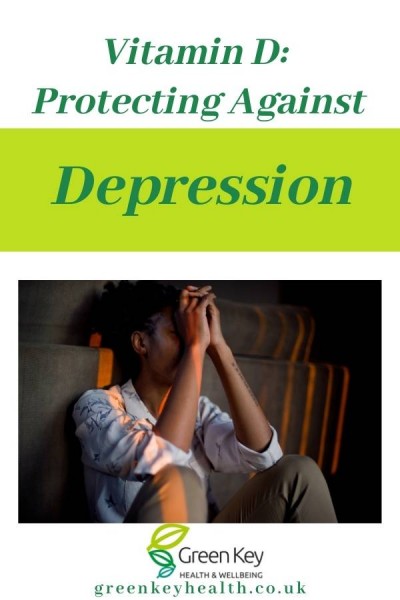
A study by researchers from The Irish Longitudinal Study on Ageing (TILDA) at Trinity College Dublin has shown for the first time in Ireland that a deficiency in vitamin D was associated with a substantial increased risk of depression (75 per cent) over a four-year follow up period.
The findings, published in The Journal of Post-Acute and Long-Term Care Medicine (JAMDA), found that:
- Vitamin D deficiency was associated with a 75 per cent increase in the risk of developing depression by four years
- This finding remained robust after controlling for a wide range of relevant factors including depressive symptoms, chronic disease burden, physical activity and cardiovascular disease
- Furthermore, excluding participants taking anti-depressant medication and vitamin D supplementation from the analyses did not alter the findings
- Given the structural and functional brain changes seen in late life depression, vitamin D may have a protective effect in attenuating these changes.
Commenting on the significance of the research, first author of the study and Specialist Registrar in Geriatric Medicine, St James' Hospital Dublin, Dr Robert Briggs, said: "This is the largest representative and most comprehensive study of depression risk and vitamin D status in older adults ever conducted in Ireland. Our findings will provide useful information to help inform public health policy - particularly regarding the proposition of the usefulness of vitamin D treatment /supplementation for depression."
Coming back to my question of earlier “Why is vitamin D not in the headlines on a daily basis in relation to the COVID19 pandemic?” Vitamin D is not only an important element to ensure proper functioning of the immune system, but according to Dr Briggs and his co-authors, it also has an effect on the functioning of the brain in the elderly protecting against depression.
It has both anti-inflammatory and immunoregulatory properties and is crucial for the activation of defences within your immune system. Vitamin D enhances the function of immune cells, including T-cells and macrophages that protect your body against pathogens. Low vitamin D levels are associated with an increased risk of respiratory disease, including tuberculosis, asthma, and chronic obstructive pulmonary disease (COPD), as well as viral and bacterial respiratory infections, therefore affecting your body’s ability to fight respiratory infections.
Sources of vitamin D include cod liver oil, fatty cold water fish such as herring, sardine, wild salmon and mackerel, full fat butter, A2 milk and egg yolk. Vegetables generally contain low amounts of vitamin D, with the exception of mushrooms and dark green leafy vegetables.
How much vitamin D do you need?
Government RDA guidelines recommend 400 iu daily. If deficient, this will lead to weakening of the bones and increased risk of osteoporosis in adulthood. Deficiency can also cause insomnia, nervousness, muscle twitches and diarrhoea. On the other hand, too much vitamin D, unlikely when absorbed from direct sunlight, as the body is capable of eliminating any excess. But taken as a supplement, when in excess, the body is unable to process this, therefore you might suffer constipation or diarrhoea, nausea, headaches, lack of appetite, extreme fatigue and heartbeat irregularities. With continued high doses, it can disrupt the calcium-phosphate balance, over time weakening bone and causing calcium accumulation in the soft tissues.
How to take Vitamin D 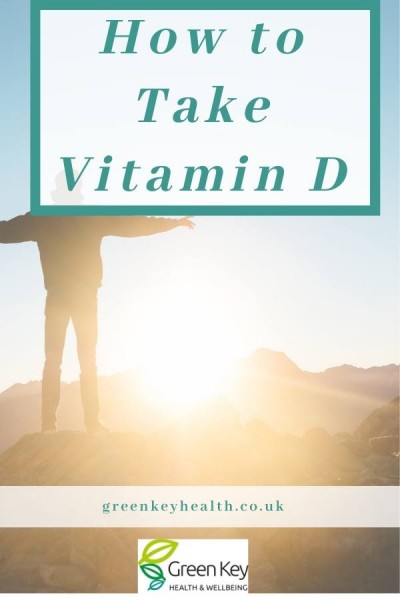
Ideally getting vitamin D from sunlight is the best method. It takes only 10-15 minutes of daily exposure on your skin in the middle of the day to supply all you need, except in the winter months and in poor summers in the Northern hemisphere. Therefore, daily supplementation is advisable. Bear in mind that wearing sunblock or sunscreen interferes with absorption of UVB rays, thus limiting the benefit of exposure to sunlight.
If taking a supplement take vitamin D3 (cholecalciferol) as this is more easily absorbed by the body. You can safely take up to 1,000 iu daily. More than 1000 iu is better when taken together with vitamin K2 as this helps vitamin D fulfil all its functions efficiently. On more than 1000 iu daily, it is advisable to get practitioner guidance.
As a relatively cheap, prophylactic solution, it would appear to be advisable that we all take this supplement to support both the immune and protect against depression.
References:
- The End of Alzheimers’s Programme, Dr Dale Bredesen
- Reader’s Digest Guide to Vitamins, Minerals and Supplements
- Encyclopaedia of Nutritional Supplements, Michael Murray, N.D
- The Irish Longitudinal Study on Ageing (TILDA)
- Jamda
To discuss something prior to booking your kinesiology, naturopathic and herbal consultation, please contact Rachel directly.
New here? I write about how to take a holistic approach to health and well-being, to treat illness and help you be the best you can be. You can read similar blogs here:
Fermented Foods – A Simple Way to Good Gut Health
The Fear Factor – What’s Holding You Back?
Post COVID19: 5 Steps to Creating Strong Immune Health in the Workplace
10 Tips for Protection Against Electromagnetic Radiation
Finding the New Norm
Kindness Costs Nothing: Building Healthy Relationships
Reflections on Filling Yourself Up First: Fresh Air Fridays in January
Stay Healthy over Christmas: Tips that Actually Work
How to Boost your Immunity, Naturally
Do you love Pinterest as much as I do? Please pin any of these graphics!

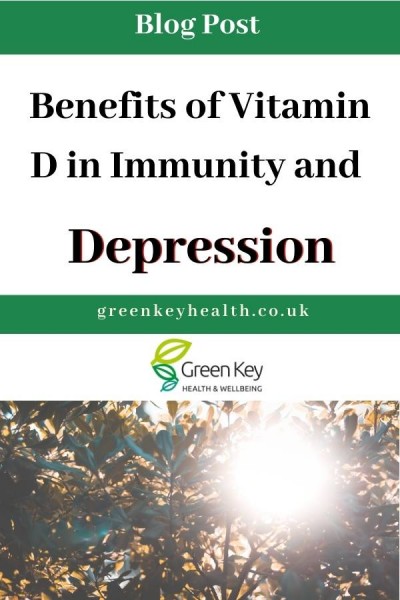
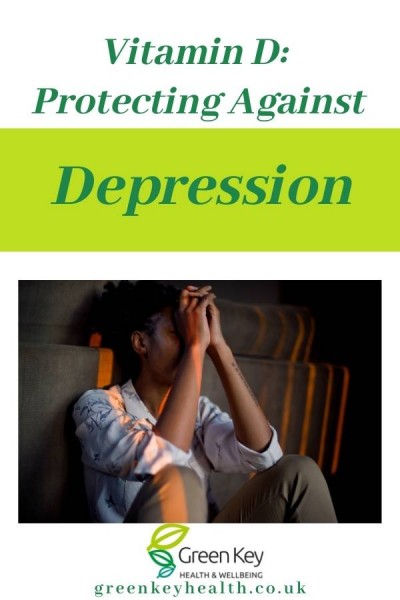
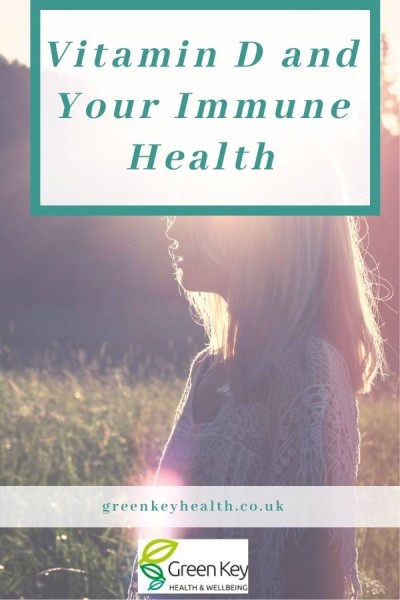

Add new comment